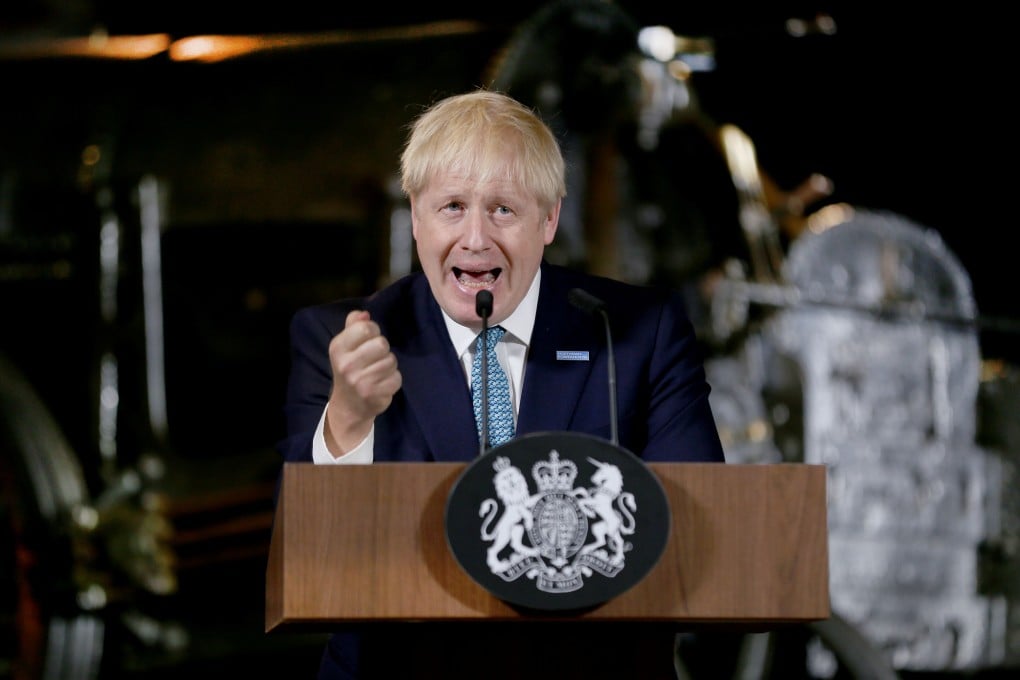Advertisement
Macroscope | A post-Brexit ‘Boris boom’? Stimulus, the pound beating expectations and a possible EU deal may make it happen
- Britain is an important enough trading partner for the EU to work out a late deal, much as it once did with Greece
- Furthermore, Britain looks like it’s taking the gloves off and getting ready to spend big
Reading Time:3 minutes
Why you can trust SCMP

When the chips are down, and the outlook is bleak and all seems lost, perhaps it’s the moment to consider the alternatives.
Much has been conjectured about Britain’s Brexit blues and the risk of a fatal crash out of Europe on bitter no-deal terms in three months’ time.
But with new UK Prime Minister Boris Johnson now installed and leading the charge out of the European Union, this might be the occasion to ponder the unthinkable.
Advertisement
Could Britain be at the cusp of a “Boris boom” in the next few years?
With the pound close to an all-time low against the US dollar, sterling assets are looking “cheap as chips” on a relative basis. Overseas buyers are already lining up for UK acquisitions at bargain basement prices.
This is no paean to Johnson as Britain is a badly broken, divided nation in dire danger of the union splitting up under new independence pressures resurfacing once again.
Advertisement
Advertisement
Select Voice
Select Speed
1.00x
